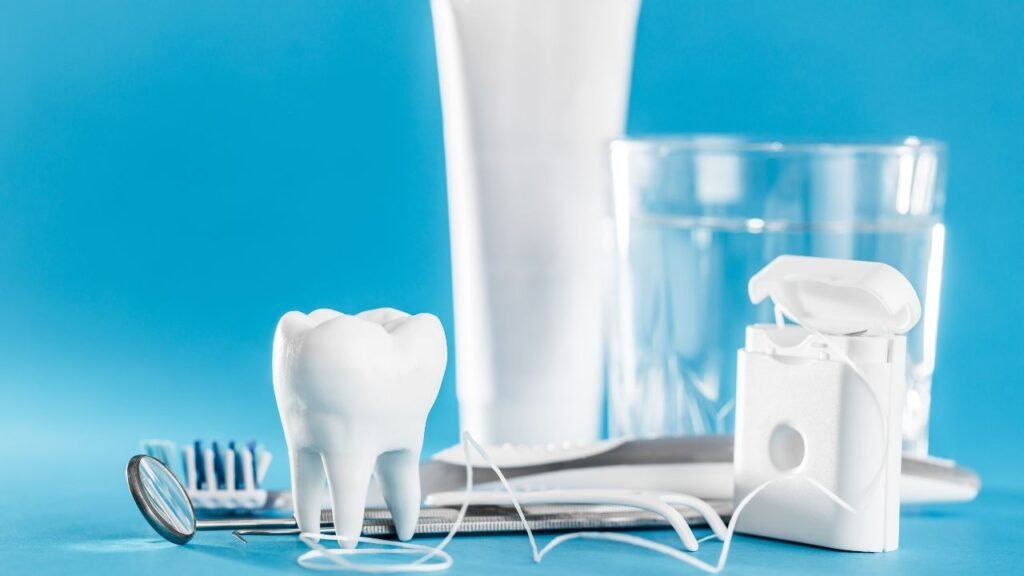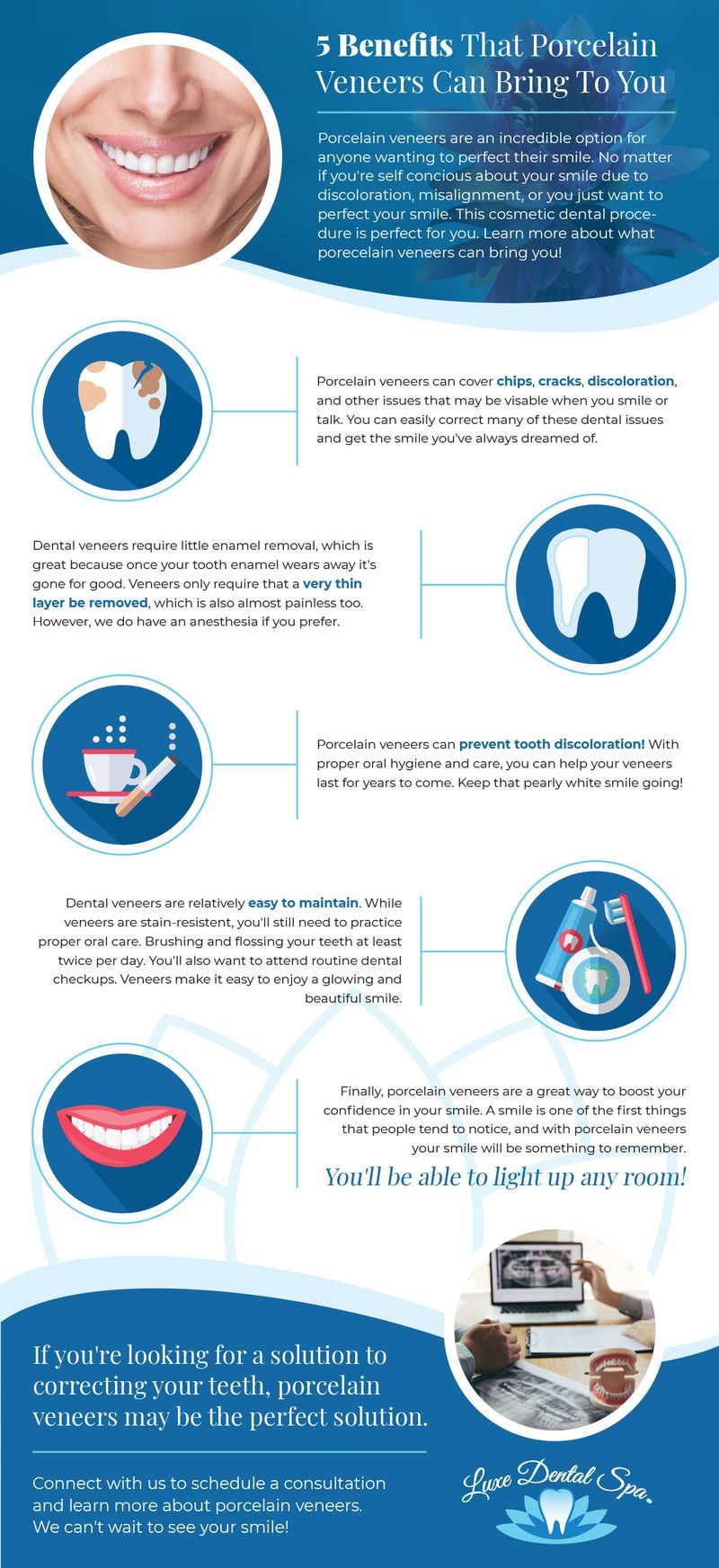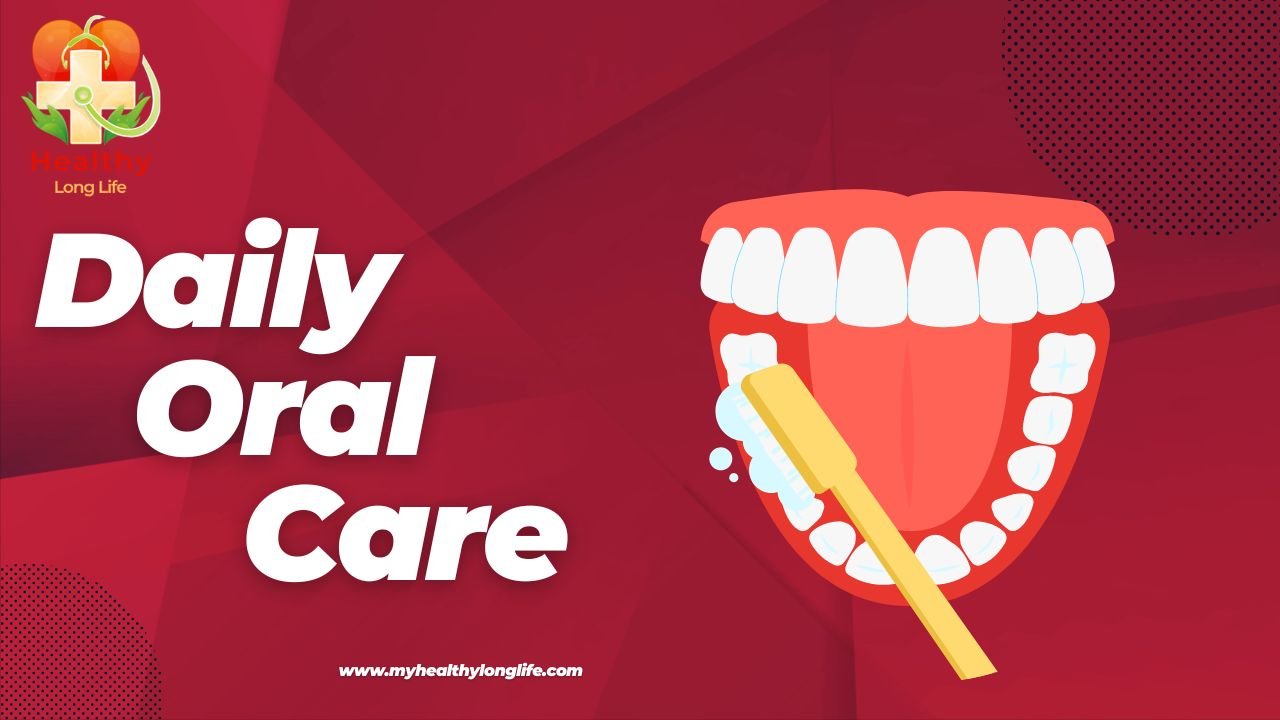
Oral care should be done at least twice a day. It is essential for maintaining dental health and preventing diseases.
Proper oral hygiene is crucial for a healthy mouth and a confident smile. Brushing teeth twice a day with fluoride toothpaste helps to remove plaque and prevent cavities. Along with brushing, flossing daily reaches areas your toothbrush can’t, targeting the spaces between teeth to remove trapped food particles and plaque.
Using an antiseptic mouthwash can kill bacteria that cause bad breath and gum disease. Routine dental check-ups, usually recommended every six months, are vital for early detection and treatment of oral issues. Adopting these practices not only keeps your gums and teeth in top condition but also has a profound impact on your overall well-being, as oral health is linked to numerous systemic conditions. A commitment to regular oral care is a key investment in your long-term health.
The Link Between Oral Care And Overall Health
Keeping your mouth clean prevents health problems. Your teeth and gums affect your whole body. Good oral care is crucial for a healthy life.
Interconnectedness Of Mouth And Body
Your mouth is a gateway to your body. Germs from your mouth can get into your bloodstream. This can make you sick. Taking care of your mouth helps keep your body safe.
- Bacteria can enter through the mouth.
- Healthy saliva defends against germs.
- Poor oral health can cause diseases.
A Walk Through Potential Health Risks
Ignoring oral health leads to risks. Gum disease is linked to heart problems. Bad oral care can affect your lungs, too.
| Oral Problem | Linked Health Issue |
|---|---|
| Periodontitis | Heart Disease |
| Cavities | Diabetes Control Problems |
| Bad Breath | Respiratory Infections |
Brushing and flossing protect more than teeth. They shield your entire well-being. Take action by keeping a healthy mouth. This will help your whole body stay strong.

Credit: www.theluxedentalspa.com
Unveiling The Basics Of Oral Hygiene
To maintain a bright smile Oral care should be done daily, and it goes beyond the simple act of brushing. Comprehensive oral hygiene is crucial for keeping teeth and gums healthy. It involves a series of practices that remove plaque and prevent dental issues. Let’s explore these important routines and understand how to perform them effectively.
Toothbrushing: More Than A Ritual
Daily brushing is essential for healthy teeth.
- Choose the right brush. Soft bristles and a comfortable handle matter.
- Timing is key. Brush for two minutes twice a day.
- Technique matters: Use circular motions along the gum line.
Don’t forget to replace your toothbrush every three months. An old brush won’t clean well.
The Role Of Flossing In Dental Health
Brushing cannot reach all the tight spaces between teeth. This is where flossing comes in.
| Step | What to Do |
|---|---|
| 1 | Take 18 inches of floss, wind most on one finger, and hold a small part taut. |
| 2 | Glide the floss between each tooth, moving it up and down. |
| 3 | Curve it at the base of each tooth to reach the gum line. |
| 4 | Use a clean section for each tooth to avoid reinserting bacteria. |
Floss once a day to fight plaque and keep your gums in top shape.
The Science Behind Daily Oral Care
Understanding the science of daily oral care is crucial. Our mouths are battlegrounds where plaque, tartar, and bacteria constantly form. Proper care keeps these foes in check. Neglect can lead to cavities, gum disease, and other health issues. Let’s delve into the science that affirms why daily oral hygiene is vital.
Plaque And Tartar: Enemies Of Oral Health
Plaque is a soft, sticky film that builds up on teeth daily. It’s packed with bacteria. These bacteria feast on food particles and produce acids. These acids attack tooth enamel, leading to cavities.
When plaque isn’t removed, it hardens into tartar. Tartar shields bacteria and makes plaque harder to remove. It irritates your gums and can cause gum disease. Here’s why your daily routine matters:
- Brushing twice a day disrupts plaque formation.
- Flossing removes hidden plaque between teeth.
- Regular dental visits catch early signs of tartar buildup.
Saliva: The Unrecognized Hero In Oral Defense
Saliva is more than spit. It’s a key defender against oral health problems. Saliva washes away food particles. It neutralizes harmful acids. It even repairs early tooth decay with minerals like calcium and phosphate.
Dry mouth conditions can reduce saliva. This leaves teeth vulnerable. Staying hydrated and chewing sugar-free gum stimulates saliva flow. Don’t overlook the power of saliva.
| Saliva Function | Benefit |
|---|---|
| Cleanses Mouth | Removes food and debris |
| Neutralizes Acids | Protects enamel from acid erosion |
| Delivers Minerals | It helps repair early signs of decay |
Mouthwash: To Rinse Or Not To Rinse?
Our oral care routines often raise the question: Should we use mouthwash? This liquid can be a helpful tool. It fights germs, freshens breath, and may even help prevent cavities. Let’s dive into the world of mouthwashes to understand their role in our daily dental care.
Types Of Mouthwash And Their Functions
Choosing the right mouthwash is crucial. There are several types, each serving a different purpose:
- Cosmetic Mouthwash: Temporarily controls bad breath and leaves behind a pleasant taste.
- Therapeutic Mouthwash: Contains active ingredients targeting oral health issues like plaque and gingivitis.
- Natural Mouthwash: Free from artificial colors and flavors, often containing herbal ingredients.
- Fluoride Mouthwash: It aims to strengthen tooth enamel and reduce the risk of cavities.
When And How To Use Mouthwash Effectively
To get the most benefits from mouthwash, timing and technique matter.
- Choose the Right Time: Use it after brushing and flossing to reach areas missed by your toothbrush.
- Read the Label: Follow the instructions carefully for the proper duration and technique.
- Swish thoroughly. Move the liquid around your mouth for 30 seconds to a minute.
- Spit, Don’t Rinse: After using mouthwash, spit it out. Do not rinse with water right away.
Consistency is key. Daily use can provide the best protection, alongside regular brushing and flossing.
Nutrition’s Impact On Oral Well-being
Strong teeth and gums need more than just brushing and flossing. Nutrition plays a crucial role in your oral health. The right vitamins and minerals help prevent cavities and gum disease. You can smile brightly with the right diet. Let’s dive into foods that boost dental health and those to avoid.
Foods That Strengthen Teeth And Gums
Some foods are like superheroes for your teeth and gums. They have the power to protect and strengthen them. Here’s a list such as tooth-friendly foods:
- Dairy products: cheese, milk, and yogurt are rich in calcium and phosphates.
- Leafy greens—spinach and kale—bring plenty of vitamins and minerals.
- Crunchy fruits and vegetables: apples and carrots clean your teeth as you eat them.
- Almonds: They give you calcium and protein while being low in sugar.
Dietary Villains: Foods To Avoid For Healthy Teeth
Sugary snacks and acidic foods attack your teeth. This can lead to cavities. Here’s what you might want to limit:
| Type of Food | Examples |
|---|---|
| Sugary Foods | Candy, cookies, cake |
| Sticky Foods | Dried fruits, chewy candy |
| Acidic Foods | Lemons and sour candies |
| Carbonated Drinks | Sodas, even diet ones |
Consequences Of Neglecting Oral Care
The health of our mouth is vital for our overall well-being. Neglecting oral care can lead to serious consequences. Plaque build-up, tooth decay, and gum disease can start quietly. Yet, they can cause lasting damage. Understanding these dangers is essential. It encourages us to maintain diligent oral hygiene routines.
Gum Disease: A Silent Alarm
Ignoring oral hygiene can silently trigger gum disease. At first, symptoms may be mild. Gums may bleed during brushing. Without prompt care, conditions like gingivitis can advance. This can lead to period symptoms and a severe form of gum disease. The symptoms of periodontitis include:
- Swollen, red gums
- Tender or bleeding gums
- Persistent bad breath
- Receding gums and loose teeth
This stage can result in tooth loss and affect overall health. Bacteria from gum disease can enter the bloodstream. This can harm other organs.
Tooth Decay And Loss: The Visible Damage
Tooth decay reflects the visible consequences of poor oral care. Sugars and starches in food interact with mouth bacteria, forming acids. These acids attack tooth enamel. Over time, this can lead to cavities. If unchecked, decay leads to:
| Stage | Consequence |
|---|---|
| Early Decay | Minor cavities have the potential for repair. |
| Advanced Decay | Deep cavities, possible root infections. |
| Final Stage | Severe decay, tooth loss, and bone loss. |
Regular dental check-ups and good oral hygiene can prevent these issues. Brushing twice a day, flossing, and professional cleanings are indispensable.
Professional Care Vs. At-home Practices
Maintaining a dazzling smile involves daily choices. Between professional care and home routines, oral health thrives with balance. This balance ensures long-lasting dental health and a bright smile. Let’s dive into the significance of both professional care and at-home practices.
Regular Dental Checkups: Are They Necessary?
Dental checkups prevent problems. Dentists spot issues early. This means easier treatments. Checkups involve:
- Exams: Dentists look for decay, disease, or other issues.
- Cleanings: They remove tartar and plaque you can’t remove at home.
- Guidance: Professionals give personalized oral care tips.
| Age Group | Checkup Frequency |
|---|---|
| Children and Teens | Every 6 months |
| Adults | Every 6 to 12 months |
Regular visits are your shield against serious oral diseases. They save time, discomfort, and money in the long run.
Advanced Cleaning Techniques By Professionals
At home, brushing and flossing maintain oral health. Yet, professionals use advanced cleaning methods for better results.
- Scaling: Removes tartar from tooth surfaces.
- Root planing: Smooth root surfaces, preventing future buildup.
- Polishing: Brightens your teeth.
Benefits of sessional cleaning:
- Deep cleaning gets rid of hidden plaque and tartar.
- Prevention: Helps stop tooth decay and gum disease.
- Stain removal: erasing surface stains for a brighter smile.
Dentists have tools for cleaning that you don’t. These tools reach where toothbrushes can’t. Professional cleanings are key for a healthy, dazzling smile.
Innovations In Oral Care
The world of oral care is always advancing. New tools and products appear regularly. They make keeping teeth clean easier. Some are high-tech, while others are eco-friendly. Let’s look at recent breakthroughs that are changing dental routines.
Emerging Technologies For Dental Health
Dentistry is embracing the digital revolution. Innovations aim to improve oral health. They do this in exciting ways. Here’s a glimpse at what’s new:
- Smart toothbrushes link to apps. They track brushing habits.
- Teledentistry allows remote check-ups. It makes dental advice more accessible.
- 3D printing crafts precise dental implants and crowns. It ensures a perfect fit.
These tools help dentists and patients alike. People get better dental care from home.
Natural And Sustainable Oral Care Products
Eco-friendly products are in demand. More people seek natural options. They look for items that protect the environment. Here’s what’s available:
- Biodegradable toothbrushes replace plastic. They break down faster.
- Tablet toothpaste comes without tubes. It cuts down on waste.
- Herbal mouthwashes skip the chemicals. They use natural ingredients.
These products combine oral hygiene with earth care. It’s a win for the teeth and the planet.
Personalized Oral Care: Tailored To Your Needs
Personalized oral care is not a one-size-fits-all solution. It caters to your unique dental needs. From the foods you eat to the strength of your teeth, various factors influence your oral health. Understanding these factors is vital. It helps tailor the perfect dental care routine for you. Personalized oral care ensures healthier teeth and gums. Enjoy a bright smile that’s as unique as you are.
Understanding Individual Oral Health Requirements
Your mouth tells a story about your overall health. Not everyone has the same oral health needs. Some may struggle with cavities, while others are prone to gum disease. Identifying specific concerns is essential. A regular visit to the dentist helps highlight these needs. This allows for a dental care plan that targets your unique challenges. It helps protect your oral health the right way.
Custom Dental Routines For Different Age Groups
- Children: Their routine should focus on teaching good habits early. Fluoride treatments and sealants can help protect their growing teeth.
- Teens: They might need braces or mouthguards for sports. Ensuring routines address these changes is important.
- Adults: Stress and diet can affect their teeth. Custom care might include treatments for sensitivity and gum health.
- Seniors: They often require more attention to gum care. Dental routines may include options for dry mouth and the maintenance of dental work.
Each group demands a different approach. Children need fun and engaging techniques to build habits. Teens facing hormonal changes require specific advice. Adults need to manage the wear and tear of their teeth. Seniors must preserve their dental health with gentle yet efficient methods.
Adopting Oral Care Into Your Daily Life
Proper oral care should be done daily, and it is the cornerstone of good health. It is not just about fresh breath and white teeth. A strong daily routine prevents tooth decay and gum diseases. Balanced oral hygiene can save you from dentist visits. It can also keep your smile bright and your health impeccable. Start today and make oral care a non-negotiable part of your day.
Creating An Effective Oral Care Routine
A structured oral care routine keeps teeth healthy. Begin and end your day with this ritual. Below are the steps to follow:
- Brush twice a day. Use fluoride toothpaste for two minutes.
- Floss daily. It eliminates food particles and plaque between your teeth.
- Rinse with mouthwash. It’s a final touch to kill germs and freshen your breath.
- Regular dentist visits: Schedule check-ups every six months.
Make sure you replace your toothbrush every three to four months. A worn toothbrush won’t clean your teeth well.
Breaking Bad Habits And Encouraging Good Ones
Banishing bad habits is as vital as brushing and flossing. Good habits support a healthy mouth.
| Bad Habits to Break | Good Habits to Foster |
|---|---|
| Avoid using teeth as tools. | Drink plenty of water to wash away food particles. |
| Stop smoking or using tobacco products. | Choose crunchy fruits and vegetables for snacks. |
| Limits sugary drinks and snacks. | Chew sugar-free gum to stimulate saliva flow. |
Remember, consistency is key. Small daily changes lead to big improvements over time. Encourage yourself and your loved ones to stick with good habits, and your smiles will thank you for it.
Frequently Asked Questions Of Oral Care Should Be Done At Least
How Often Should Oral Care Be Performed? When Should It Be Done?
Oral care should be performed at least twice daily, typically in the morning and before bedtime. Regular check-ups with a dentist are recommended every six months.
What Is The Minimum Number Of Times Per Day That Oral Care Is Done?
Oral care should be practiced at least twice daily. Brush your teeth every morning and before bedtime to maintain dental health.
Which Of The Following Is True About Oral Care?
Proper oral care involves brushing twice daily, flossing regularly, using fluoride toothpaste, limiting sugary foods, and visiting the dentist routinely.
When Performing Oral Care On An Unconscious Resident, You Should?
Position the resident on their side to prevent aspiration. Use a sponge swab to clean the mouth and teeth. Keep the lips moist to prevent cracking. Ensure gentle care to avoid causing any trauma. Always monitor the resident for any signs of distress.
You may also like-
Best Professional Oral Care Kit- Unveil the Secret to a Dazzling Smile!
Oral B Sensitive Gum Care Brush Heads- Gentle Cleaning
Conclusion
Maintaining a healthy smile hinges on consistent oral hygiene practices. Daily brushing and flossing are cornerstones, not mere suggestions. Let’s embrace diligent dental routines for a lifetime of healthy teeth. Remember, your smile’s beauty reflects your oral care dedication. Prioritize it twice daily, without fail.

I am a blogger for holistic wellness & longevity. With a passion for nutrition, fitness, & mindfulness, I’m dedicated to sharing insights on healthy living. Join my journey towards a vibrant life with practical tips & evidence-based advice. Embrace vitality and thrive with me!

